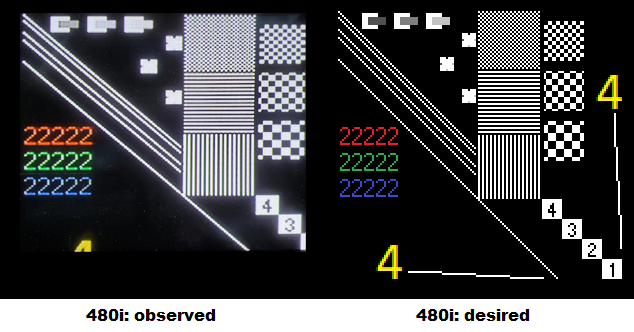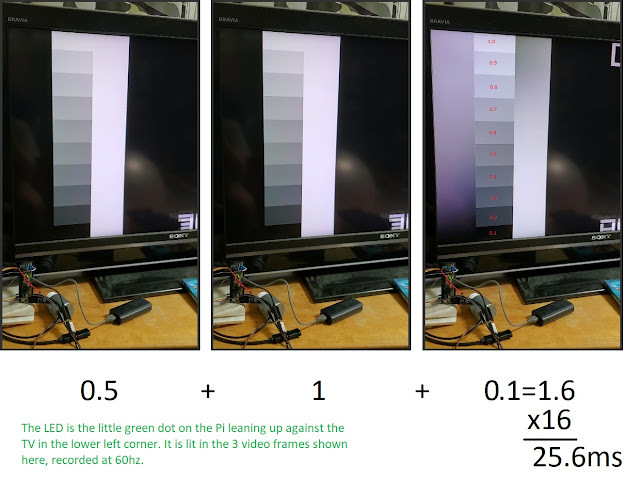Can you repair a scratched CD with plastx: empirical tests
I have some PS1 games that I purchased used. Unsurprisingly, 20 years on the resale market hasn't been kind to them. I purchased a cheap disk polisher (monoprice disk repair kit, which is advertised to "clean 99% of all scratches"), but my experience wasn't that great for fixing the PS1 games. I did fix one PS2 DVD that wouldn't play, but mostly it didn't seem to help. So I decided to try other cleaning solutions than provided with the kit, and to run them much longer than the 3 minutes suggested.
Here are my results with Plastx, an automotive plastic cleaner advertised primarily for headlights.
I tried several PS1 CDs, and none became playable. But perhaps I just wasn't running the polisher long enough. So used a Windows program (nero DiscSpeed) to get a summary of the error rate to see if it was improving at all. PS1 CDs are after all just regular data CDs, so my PC should serve as proxy for the PS1, although I've found the DVD reader in my laptop seems to be better at reading scratched disks than my PS1/2s.
Here is the scan result before, on a reasonably badly scratched CD (quake 2).
The error rate did go down, but less than 1%, which may well be the margin of error of this test. Conclusion: 20 minutes of high speed buffing with plastx does not repair a scratched CD.
Note that these scratches were of medium depth - the disk will load on my ps2. My logic here is that if the scratches are mild-medium and the cleaning can't fix them, then deeper scratches won't be fixed either, as empirically demonstrated on disks that would not load (but without pretty plots, since I didn't use Nero to scan them before and after cleaning).
Now maybe if I used a stronger buffing agent to remove more plastic, and then finished with plastx, I might have better results. I hope to try that next, but in the mean time I'm interested in hearing anybody else's opinion.
Here are my results with Plastx, an automotive plastic cleaner advertised primarily for headlights.
I tried several PS1 CDs, and none became playable. But perhaps I just wasn't running the polisher long enough. So used a Windows program (nero DiscSpeed) to get a summary of the error rate to see if it was improving at all. PS1 CDs are after all just regular data CDs, so my PC should serve as proxy for the PS1, although I've found the DVD reader in my laptop seems to be better at reading scratched disks than my PS1/2s.
Here is the scan result before, on a reasonably badly scratched CD (quake 2).
And here is the result after running the machine for 20 minutes:
The error rate did go down, but less than 1%, which may well be the margin of error of this test. Conclusion: 20 minutes of high speed buffing with plastx does not repair a scratched CD.
Note that these scratches were of medium depth - the disk will load on my ps2. My logic here is that if the scratches are mild-medium and the cleaning can't fix them, then deeper scratches won't be fixed either, as empirically demonstrated on disks that would not load (but without pretty plots, since I didn't use Nero to scan them before and after cleaning).
Now maybe if I used a stronger buffing agent to remove more plastic, and then finished with plastx, I might have better results. I hope to try that next, but in the mean time I'm interested in hearing anybody else's opinion.





Comments